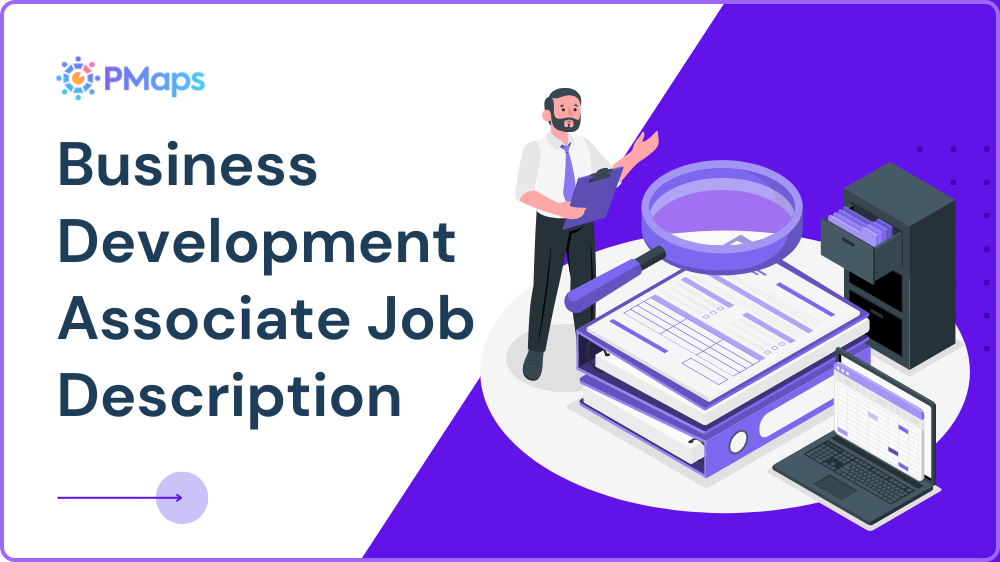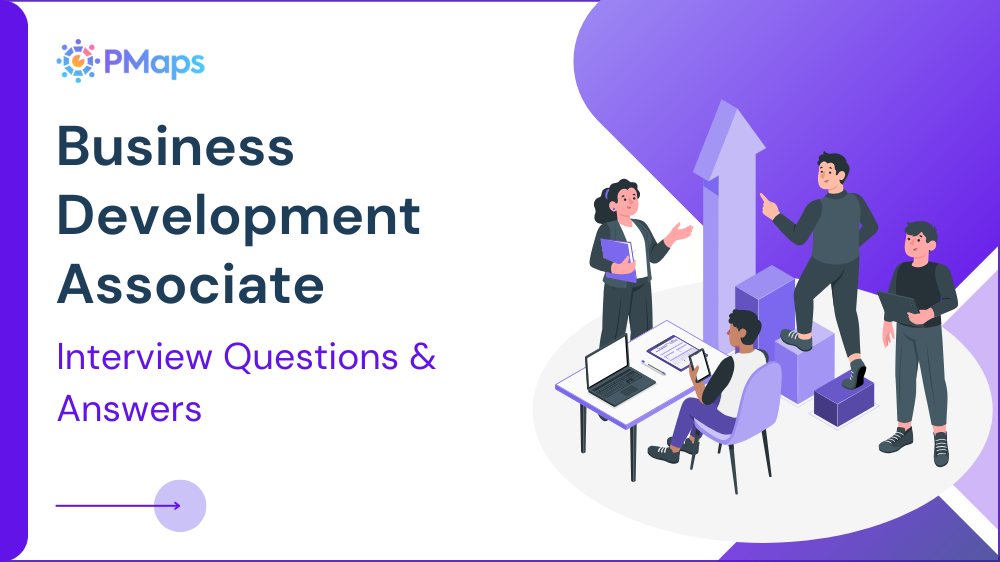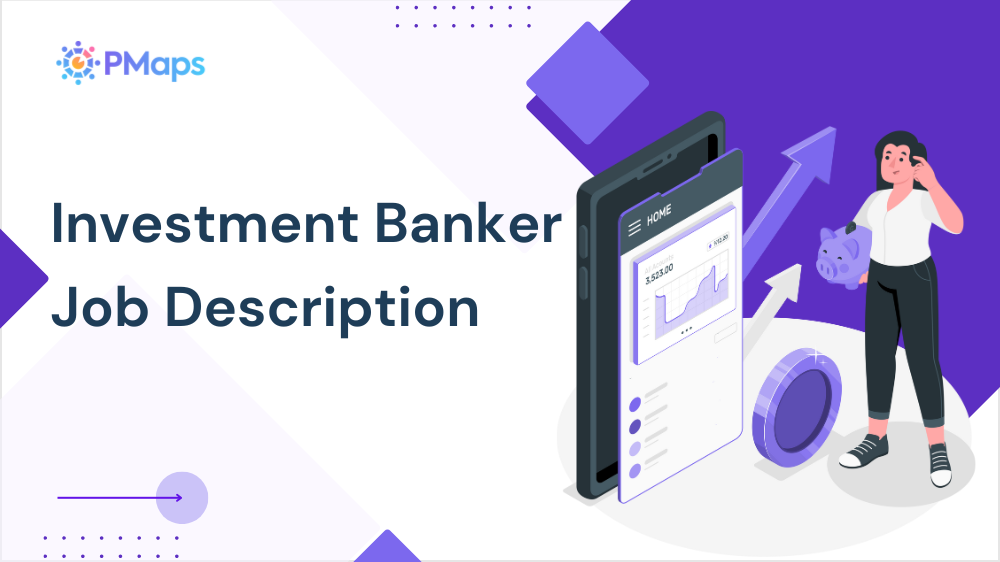
In banking, business analysts don't just gather requirements—they enable strategic transformation through systems thinking, regulatory fluency, and domain-specific logic. The role demands an ability to bridge technical teams, compliance leaders, and front-line banking functions.
According to a NASSCOM report, demand for banking business analysts has grown 34% year-over-year, particularly for candidates who understand both core banking workflows and financial technology evolution. This guide compiles 25 of the most effective business analyst banking interview questions to help hiring managers evaluate:
- Functional fit in BFSI and core banking
- Analytical thinking applied to KYC, loans, and digital banking
- Stakeholder alignment and agile documentation practices
We begin with general banking domain interview questions for business analyst candidates that assess foundation and intent.
General Interview Questions for Business Analysts in Banking
Business Analysts in the BFSI sector must connect workflows, customer journeys, and regulatory checkpoints into a single business logic framework. These general business analyst banking interview questions help uncover how candidates view the role—and how they apply domain understanding to BA fundamentals.
Sample Candidate Answer: What drew me to the banking domain is the complexity behind simplicity. While user interfaces are getting cleaner, backend compliance, legacy integrations, and regulatory checks are only growing. I see my role as one of friction reduction—building requirement logic that maps to legal clarity, tech feasibility, and business targets.
This signals systems-level thinking, regulatory awareness, and the right mindset for transformation in banking environments.Here are five essential banking domain interview questions for business analyst candidates:
1. Why did you choose to work as a business analyst in banking?
What it Assesses: Domain alignment and career intent.
What to Listen For: Look for mentions of fintech evolution, compliance complexity, process digitization, or a passion for system design within regulated industries.
2. What banking products or services are you most familiar with?
What it Assesses: Functional exposure and technical breadth.
What to Listen For: Expect specifics—like loan origination, credit scoring, trade finance, CASA processes, or payment systems—along with business relevance.
3. How do you differentiate requirements in a BFSI project from other domains?
What it Assesses: Domain sensitivity.
What to Listen For: Good responses cover auditability, risk checks, KYC workflows, data security, and regulatory handshakes as key constraints.
4. How do you prioritize features in a banking software rollout?
What it Assesses: Decision logic and business alignment.
What to Listen For: They should mention compliance deadlines, user impact, dependency maps, and stakeholder urgency—not just feature preference.
5. What documentation do you typically produce during your BA lifecycle?
What it Assesses: Process hygiene and delivery fluency.
What to Listen For: Expect BRDs, FSDs, process maps, UAT scripts, traceability matrices, and change request logs.
Behavioral Interview Questions for Business Analysts in Banking
In the BFSI sector, a Business Analyst’s value lies in how they operate under constraint—across departments, data rules, and tech complexity. These banking ba interview questions uncover how candidates resolve ambiguity, defend logic, and navigate resistance.
Sample Candidate Answer: During a digital lending transformation project, the compliance team pushed back on our workflow logic mid-sprint. Instead of freezing development, I initiated a cross-functional session with audit, product, and IT. We redrew the process maps with new checkpoints and minimized rework. That experience taught me to lead with dialogue before documentation.
This signals stakeholder fluency, change resilience, and BA maturity under institutional pressure. Use these bfsi business analyst interview questions to evaluate past behaviors that predict role success:
1. Share a time when a requirement you gathered was later challenged. How did you respond?
What it Assesses: Conflict handling and documentation clarity.
What to Listen For: Look for how the candidate backed their logic, accepted feedback, and managed version control—all without escalating friction.
2. Tell me about a project where a regulation changed mid-way. How did you adjust?
What it Assesses: Compliance adaptability.
What to Listen For: Expect calm pivots, updated scope alignment, legal team coordination, and timeline recalibration.
3. Describe a moment where a user journey didn’t match system behavior.
What it Assesses: User-first thinking.
What to Listen For: Great answers reflect empathy, documentation clarity, and how the candidate bridged design with backend logic.
4. Have you ever disagreed with a product owner or tech team? What happened?
What it Assesses: Cross-functional influence.
What to Listen For: Look for data-driven arguments, use-case scenarios, and how the disagreement was resolved without stalling delivery.
5. How do you mentor or guide junior analysts in regulated environments?
What it Assesses: Team contribution and domain stewardship.
What to Listen For: Strong BAs share checklists, audit rules, sample BRDs, or walkthroughs—not just task instructions.
Situational Interview Questions for Business Analysts in Banking
Business Analysts in banking often navigate between what’s logical, what’s legal, and what’s feasible. These core banking business analyst interview questions test how candidates think when templates don’t fit and judgment matters more than process.
Sample Candidate Answer: During a core banking upgrade, a legacy system limitation prevented end-of-day batch runs for new account types. I mapped an interim logic using staged validations and nightly flags. Then, I proposed a long-term solution post-upgrade freeze. This helped avoid rollout delays without breaching process integrity.
This shows the right mix of workaround logic, stakeholder alignment, and delivery realism. Use the following banking domain interview questions for business analyst candidates to test applied sense-making:
1. You’re asked to capture requirements for a product you’ve never worked on before. What’s your first step?
What it Assesses: Discovery approach.
What to Listen For: Look for stakeholder interviews, legacy document study, competitor benchmarking, and quick user journey building—not improvisation.
2. A client wants a feature that violates compliance rules. How do you handle it?
What it Assesses: Regulatory alignment.
What to Listen For: Strong BAs will defer to rules without friction—offering alternatives, logging the conflict, and collaborating with audit or legal.
3. Mid-project, you find that your BRD contradicts IT's understanding. What do you do?
What it Assesses: Communication under tension.
What to Listen For: Expect a calm walkthrough of traceability gaps, collaborative re-alignment, and a formalized update plan with no blame tone.
4. A regulator raises an observation about a system you scoped. What’s your next move?
What it Assesses: Accountability under scrutiny.
What to Listen For: They should initiate a documentation audit, patch workflow gaps, and escalate scope clarifications—not dodge responsibility.
5. You’re asked to reduce scope to meet a deadline. How do you prioritize?
What it Assesses: Business-first thinking.
What to Listen For: Expect value-based feature cuts, stakeholder input, and a methodical redefinition—not reactive removals.
Technical or Functional Interview Questions for Business Analysts in Banking
BA success in banking is grounded in documentation accuracy, system familiarity, and domain specificity. These business analyst banking interview questions and answers target how well the candidate operates across compliance-driven, multi-stakeholder ecosystems.
Sample Candidate Answer: In my recent core banking implementation, I worked with both Flexcube and Temenos systems. I authored BRDs, mapped business flows into FSDs, and collaborated closely with QA to ensure UAT traceability. My process always includes impact assessments for even minor CRs to avoid regulatory surprises.
This response signals hands-on experience with banking tools, structured communication, and strong ownership of documentation hygiene. Here are five technical bfsi business analyst interview questions to validate applied domain understanding:
1. What core banking systems have you worked with, and in what capacity?
What it Assesses: Systems knowledge and tool fluency.
What to Listen For: Expect specific names like Finacle, Flexcube, or Temenos, along with modules used—loans, deposits, payments—and their contribution.
2. How do you create and manage BRDs and FSDs in banking projects?
What it Assesses: Documentation structure and lifecycle fluency.
What to Listen For: Look for versioning practices, stakeholder sign-off steps, use-case clarity, and linkage to test scripts.
3. What’s your experience with regulatory compliance mapping?
What it Assesses: Domain-critical functionality.
What to Listen For: They should reference AML, KYC, RBI guidelines, or PSD2/SEPA for global roles, with clear examples of mapping logic to controls.
4. How do you ensure requirement traceability across the project lifecycle?
What it Assesses: Process discipline.
What to Listen For: Good BAs mention traceability matrices, test case alignment, CR impact tagging, and end-to-end documentation.
5. What types of KPIs or metrics do you track post-implementation?
What it Assesses: Business impact awareness.
What to Listen For: They should track adoption rates, error reduction, processing time improvement, or compliance deviations—not just project closure.
Pro Tips for Interviewing Business Analysts in Banking
Great banking BAs don’t just gather requirements—they predict failure points, translate regulation into workflows, and own alignment from UAT to audit. These exclusive tips help you extract the mindset that separates process owners from note-takers.
1. Ask them to map a regulatory requirement to a user flow
This checks whether they understand how compliance translates into system logic. For example, how KYC triggers impact account creation delays or onboarding workflows.
2. Challenge their documentation clarity with role reversal
Ask the candidate to review a sample BRD from their past project. Then, play the QA or developer and raise questions. Their ability to clarify reflects actual readiness.
3. Simulate a change request scenario mid-interview
Describe a feature change that contradicts their proposed flow. See how they manage the trade-off—between tech cost, compliance risk, and timeline ownership.
4. Probe their familiarity with cross-border banking standards
For global banking projects, test knowledge of formats like SWIFT MT/MX, ISO 20022, or SEPA logic. It reveals scalability awareness.
5. Align your interview with the business analyst banking job description
Use the JD’s KPIs like regulatory turnaround time, documentation accuracy, and stakeholder sign-off velocity to guide your question framing.
Conclusion
In the banking domain, hiring a Business Analyst is about identifying a systems thinker who can decode compliance, translate product vision, and sustain delivery velocity. These 25 curated business analyst banking interview questions help you evaluate more than documentation skill—they surface foresight, audit-ready logic, and domain fluency.
To ensure your interviews reflect real-world expectations, refer to our business analyst banking job description for a role-aligned checklist of responsibilities, impact KPIs, and documentation benchmarks. You can also validate practical capability using a business analyst banking test before final round selections. For advisory-led hiring, contact us at 8591320212 or assessment@pmaps.in.









